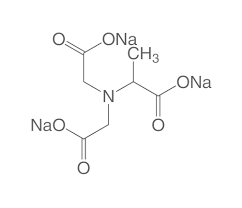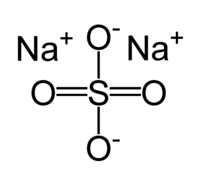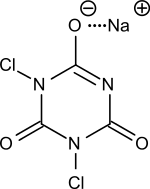
MGDA (Trisodium Dicarboxymethyl Alaninate)
What is MGDA?
Methylglycinediacetic acid tridsodium salt, commonly referred to as MGDA, is a versatile chemical compound with significant applications across various industries. It belongs to a family of chemicals known as chelating agents, valued for their ability to form stable complexes with metal ions. MGDA’s molecular structure allows it to exhibit exceptional chelating properties, making it a valuable ingredient in a wide range of products and processes.
Are you looking for MGDA 3A 40? MGDA 3A 40 is a 40% aqueous solution of Methylglycine N,N-diacetic acid (MGDA) in its trisodium salt form.
Applications of MGDA
- Cleaning Products: MGDA is frequently employed in cleaning products, including household cleaners, industrial degreasers, and laundry detergents. Its chelating properties help to bind and remove metal ions from water, preventing them from interfering with cleaning agents and causing stains on fabrics or surfaces.
- Industrial Water Treatment: In industrial settings, MGDA is used as a scale inhibitor and corrosion control agent in cooling water systems and boilers. By chelating with metal ions, it prevents scale formation and reduces the risk of corrosion, which can damage equipment and reduce efficiency.
- Personal Care Products: MGDA is a common ingredient in personal care items like shampoos, body washes, and soaps. Its chelating properties help improve the stability of formulations and enhance the effectiveness of other ingredients.
- Agriculture: MGDA is utilized in agriculture as a chelating agent in fertilizer formulations. It helps improve the solubility and availability of essential nutrients for plants.
- Food and Beverage: In the food industry, MGDA may be used as a food additive to prevent the discoloration of certain products caused by metal ions.
MGDA: Benefits
The utility of MGDA is attributed to several key advantages:
- Effective Chelation: MGDA forms stable complexes with metal ions, preventing them from interfering with various processes, such as cleaning, water treatment, and nutrient uptake in plants.
- Biodegradability: MGDA is readily biodegradable, reducing its environmental impact.
- Low Toxicity: It is known for its low toxicity to humans and the environment, making it suitable for a wide range of applications.
- Enhanced Product Performance: MGDA can improve the performance and stability of formulations in personal care products, cleaning agents, and industrial processes.
How MGDA is Made
The production of MGDA involves several steps:
- Raw Materials: MGDA is synthesized using starting materials such as glycine, formaldehyde, and hydrocyanic acid.
- Synthesis: These raw materials undergo a chemical reaction to produce MGDA.
- Purification: The resulting mixture is purified to remove impurities and unreacted starting materials.
- Formulation: The purified MGDA can be formulated into liquid or solid products suitable for various applications.
In conclusion, MGDA, or Methylglycinediacetic acid tridsodium salt, is a valuable chelating agent with a wide range of applications. Its ability to form stable complexes with metal ions makes it indispensable in cleaning products, water treatment, personal care items, agriculture, and the food industry. With its biodegradability, low toxicity, and performance-enhancing properties, MGDA plays a pivotal role in various industries while maintaining a commitment to environmental responsibility. Understanding its benefits and production process highlights its significance in ensuring the efficiency and sustainability of numerous products and processes.
Where can I buy MGDA (Trisodium Dicarboxymethyl Alaninate) in Europe ?
Contact us for MGDA (Trisodium Dicarboxymethyl Alaninate) availability and prices



